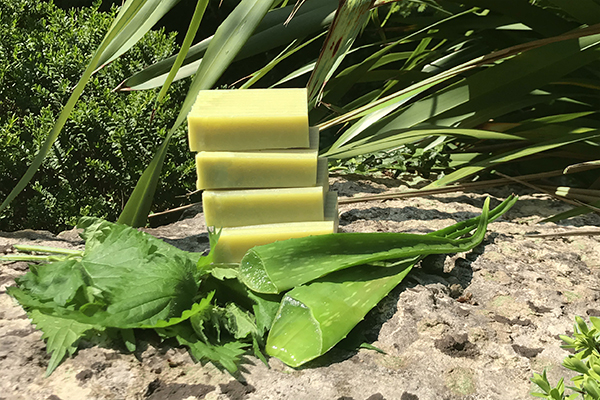
Citrus Nettle & Aloe Vera Natural Shampoo Bar
This shampoo bar is packed with all the goodness of our home grown fresh aloe vera and garden nettles.
It is rich in antioxidants, vitamins and minerals that benefit the health of your scalp, skin and hair.
The fresh nettles will help reduce hair loss and encourage hair re-growth.
This bar has an exquisite citrus aroma and its moisturising power makes your hair so soft, that you probably do not need conditioning after use.

Suitable for Vegans:
We did not use any animal derived ingredients, including eggs, milk and honey in the creation of this product.
Alcohol Free:
This product is free of Alcohol.
Cruelty Free:
At FHC, we are against animal testing and our ingredients are bought from reliable providers.
Free of Palm Oil
We do not use any palm oil or any of its derivatives in the making of this product.
For more information on the reasons why we should stop using palm oil visit: Rainforest Rescue
No Harmful Chemicals:
AT FHC, we pride our self of not using any harmful ingredients in the fabrication of our products.
All our products are free of artificial preservatives, colouring, SLS (sodium lauryl sulfate), aluminium, or parabens.
Some of the reasons we love shampoo bars:
Great for your health and hair:
- Free of SLS/SLES (sodium laurel sulfate / sodium laureth sulfate)
- Restore natural oils and your hair natural shine.
- Rich in natural glycerine, that gets removed in commercial products and it is great for your hair.
- Help restore the hair’s pH.
- It does not contain nasty chemicals or o harsh detergents, found in commercial shampoos.
Kind to the environment:
- Biodegradable
- No need for plastic bottles.
- Natural fair-trade ingredients.
- No palm oils.
- No Animal Testing.
- Easier for travelling.
- Use less water in the process of producing this bar.
- Solid bars use significantly less water than liquid shampoo.
How to use:
Wet your hair, rub the shampoo bar between your hands to make a lather, apply and rub the lather into your scalp, then rinse very well with water. For best results use an apple cider vinegar (ACV) rinse.
Taking Care of Your Shampoo Bar
Because your natural shampoo bar doesn't contain any artificial preservatives or hardeners, with a little care, you can prolong the life of your shampoo bar and it will serve you very well.
- Don't let your soap drown in water.
- Make sure your shampoo bar is exposed to fresh air between uses.
- Store your used soap on a well-drained soap dish.
- Store unused shampoo bars in a dry, dark and cool place.
- Don’t seal or airtight your shampoo bar for long periods of time.
Ingredients:
Extra Virgin Olive Oil
(Olea europaea oleum),
Extra Virgin Coconut Oil
(Cocos nucifera oil),
Organic Castor Oil
(Ricinus communis),
Sweet Almond Oil
(Prunus dulcis oleum),
Unrefined Cocoa Butter
(Theobroma butyrum),
Fresh Stinging Nettle
(Urtica dioica),
Fresh Organic Aloe Vera
(Aloe vera var),
Water
(Aqua),
Sodium Hydroxide
,
Lemongrass Essential Oil
(Cymbopogon citratus),
Bergamot Essential Oil
(Citrus bergamia),

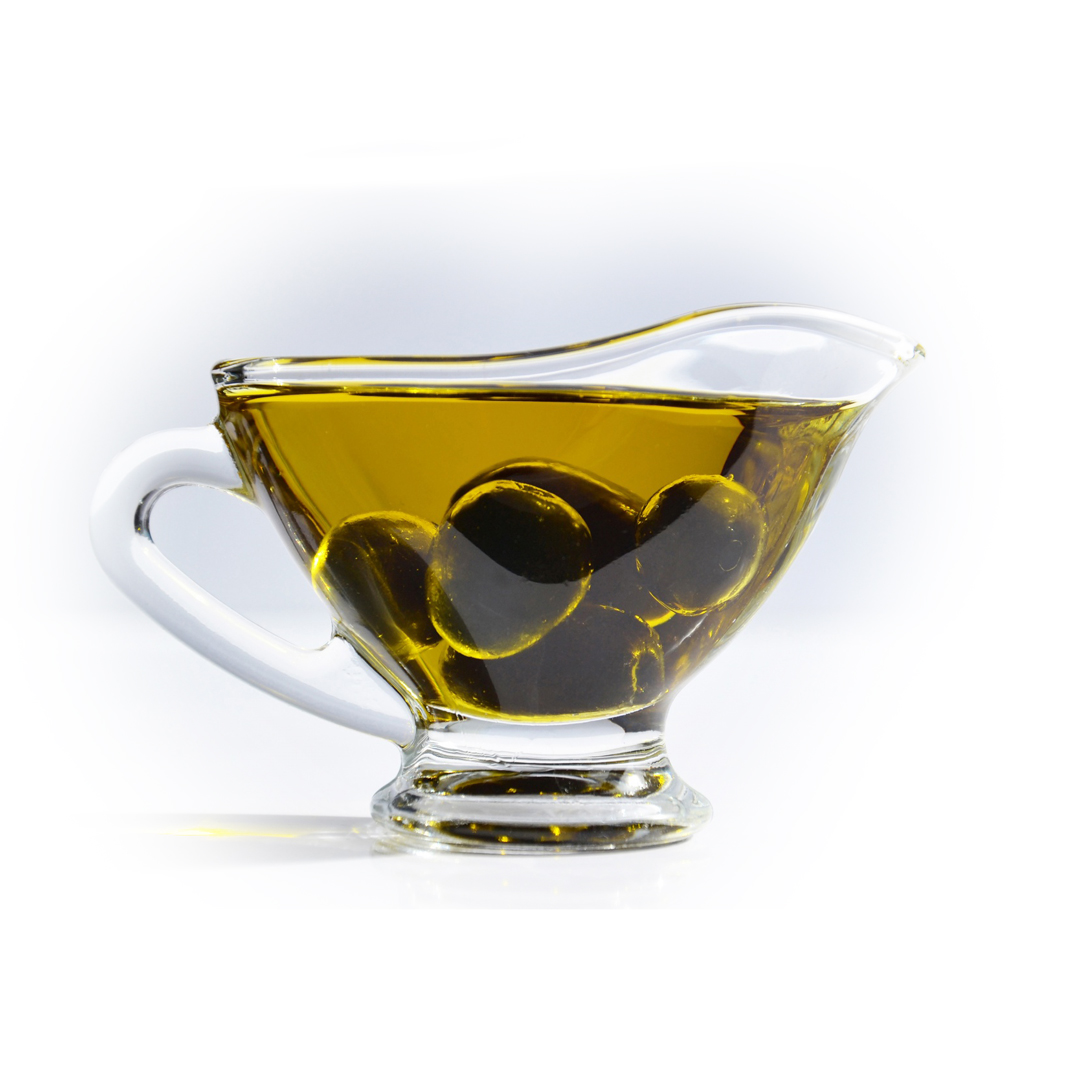 Extra Virgin Olive Oil:
(Olea europaea oleum),
Extra Virgin Olive Oil:
(Olea europaea oleum), Olive oil is a type of oil that is extracted from olives, the fruit of the olive tree. It is a popular cooking oil that is known for its rich, nutty flavor and is commonly used in Mediterranean cuisine. In terms of health benefits, olive oil is a good source of monounsaturated fatty acids, which may help to lower cholesterol levels and reduce the risk of heart disease. It is also rich in antioxidants, including vitamin E and polyphenols, which may help to protect against free radicals and reduce the risk of chronic diseases such as cancer. Olive oil can also be used topically on the skin and hair. When applied to the skin, it is believed to have moisturizing and nourishing properties, and may help to improve the appearance of dry or damaged skin. It is also often used as a natural remedy for skin conditions such as eczema and psoriasis. In terms of hair care, olive oil may help to improve the overall health and appearance of the hair. It is believed to have moisturizing and nourishing properties, which can help to improve the texture and shine of the hair. It is also often used as a natural treatment for dandruff and other scalp conditions. It's important to note that olive oil should be used in moderation as part of a healthy diet, as it is high in calories and fat. When used topically on the skin and hair, it is best to use a high-quality, cold-pressed olive oil to ensure maximum benefits.
 Extra Virgin Coconut Oil:
(Cocos nucifera oil),
Extra Virgin Coconut Oil:
(Cocos nucifera oil), Coconut oil is a type of oil that is extracted from the meat of mature coconuts. It is known for its sweet, tropical aroma and is often used as a cooking oil, as well as in a variety of personal care products.
Coconut oil is rich in medium-chain fatty acids, particularly lauric acid, which may have a number of health benefits. It is believed to have antimicrobial and antiviral properties, and may help to boost the immune system. It is also a good source of antioxidants, which may help to protect against free radicals and reduce the risk of chronic diseases such as heart disease and cancer.
In terms of skin and hair care, coconut oil is often used as a natural moisturizer and conditioner. When applied to the skin, it is believed to have nourishing and hydrating properties, and may help to improve the appearance of dry or damaged skin. It is also often used to help treat a variety of skin conditions, including eczema, dermatitis, and psoriasis.
In terms of hair care, coconut oil is believed to have nourishing and conditioning properties, which can help to improve the overall health and appearance of the hair. It is often used as a natural treatment for dry or damaged hair, and may help to improve the texture and shine of the hair. It is also believed to have antimicrobial properties, which may help to protect the scalp from infections.
It's important to note that coconut oil should be used in moderation as part of a healthy diet, as it is high in calories and fat. When used topically on the skin and hair, it is best to use a high-quality, cold-pressed coconut oil to ensure maximum benefits.
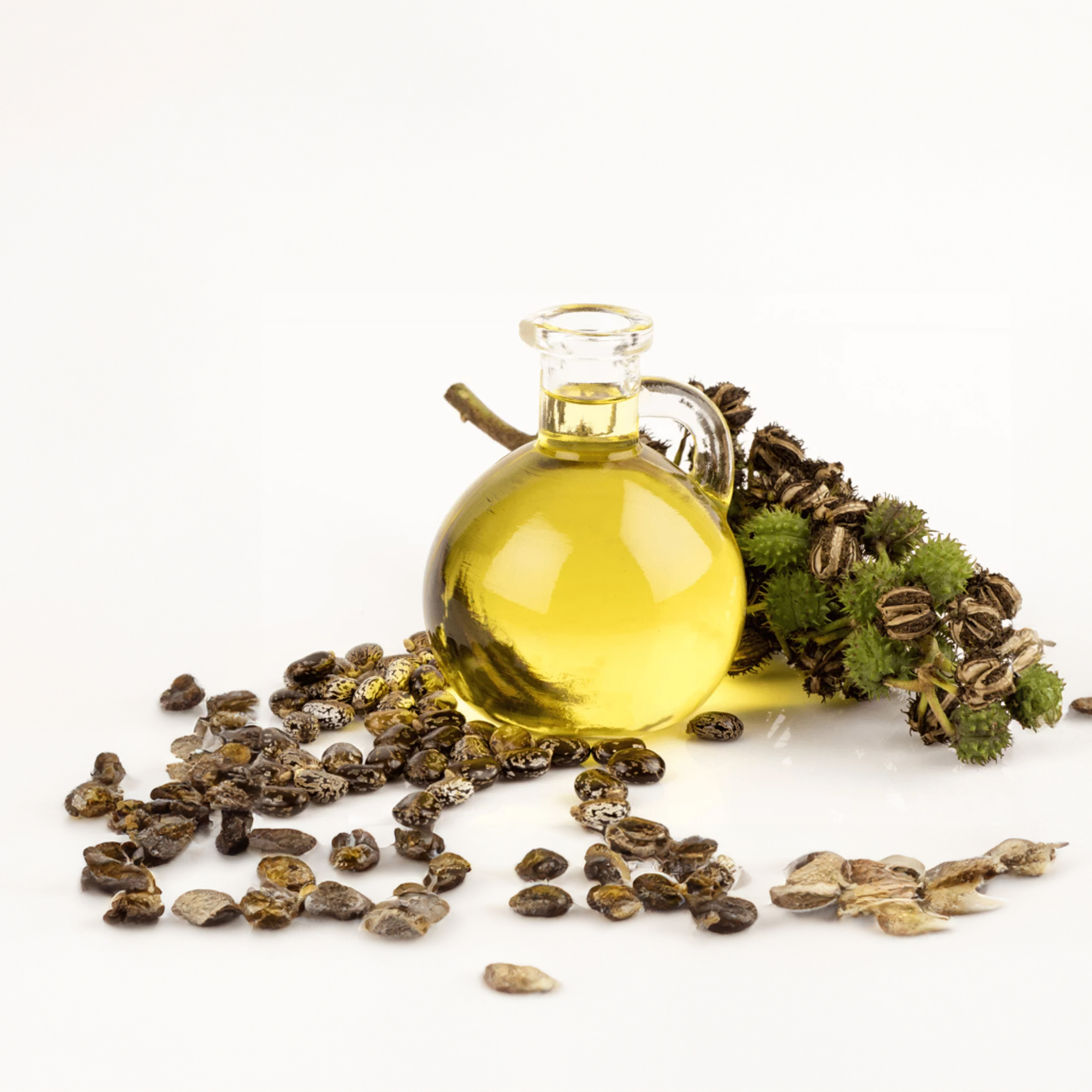 Organic Castor Oil:
(Ricinus communis),
Organic Castor Oil:
(Ricinus communis), Castor oil is a type of oil that is extracted from the seeds of the Ricinus communis plant, also known as the castor bean plant. It is a pale, yellowish oil with a thick, sticky consistency and has a variety of potential health and beauty benefits.
In terms of health, castor oil is believed to have laxative properties and has been used for centuries as a natural remedy for constipation. It is also believed to have anti-inflammatory properties and has been used to help alleviate muscle and joint pain.
In terms of skin and hair care, castor oil is often used as a natural moisturizer and conditioner. When applied to the skin, it is believed to have nourishing and hydrating properties, and may help to improve the appearance of dry or damaged skin. It is also often used to help treat a variety of skin conditions, including eczema, dermatitis, and acne.
In terms of hair care, castor oil is believed to have nourishing and conditioning properties, which can help to improve the overall health and appearance of the hair. It is often used as a natural treatment for dry or damaged hair, and may help to improve the texture and shine of the hair. It is also believed to have anti-inflammatory properties, which may help to soothe the scalp and promote healthy hair growth.
It's important to note that castor oil should be used in moderation, as it is high in calories and fat. When used topically on the skin and hair, it is best to use a high-quality, cold-pressed castor oil to ensure maximum benefits.
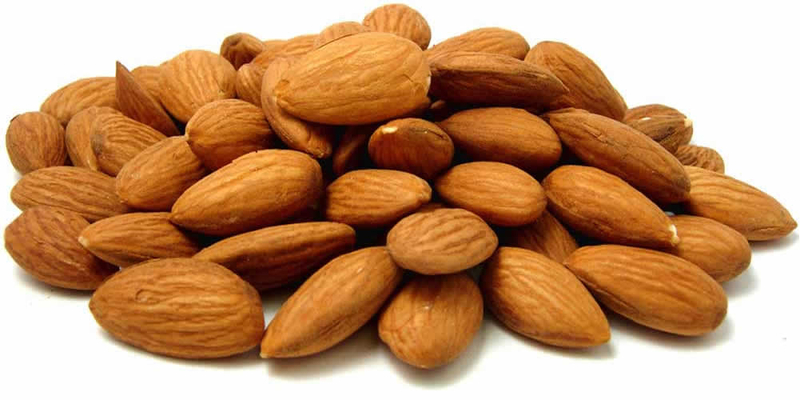 Sweet Almond Oil:
(Prunus dulcis oleum),
Sweet Almond Oil:
(Prunus dulcis oleum), Sweet almond oil is a type of oil that is extracted from the seeds of the almond tree (Prunus dulcis). It is a pale, yellowish oil with a sweet, nutty aroma and has a variety of potential health and beauty benefits.
In terms of health, sweet almond oil is a good source of monounsaturated fatty acids, which may help to lower cholesterol levels and reduce the risk of heart disease. It is also rich in antioxidants, including vitamin E, which may help to protect against free radicals and reduce the risk of chronic diseases such as cancer.
In terms of skin care, sweet almond oil is often used as a natural moisturizer and is believed to have nourishing and hydrating properties. It is often used to help improve the appearance of dry or damaged skin and may also help to reduce the appearance of scars and stretch marks.
In terms of hair care, sweet almond oil is believed to have nourishing and conditioning properties, which can help to improve the overall health and appearance of the hair. It is often used as a natural treatment for dry or damaged hair, and may help to improve the texture and shine of the hair. It is also believed to have antioxidant properties, which may help to protect the hair from damage caused by free radicals.
It's important to note that sweet almond oil should be used in moderation, as it is high in calories and fat. When used topically on the skin and hair, it is best to use a high-quality, cold-pressed sweet almond oil to ensure maximum benefits.
![]() Unrefined Cocoa Butter:
(Theobroma butyrum),
Unrefined Cocoa Butter:
(Theobroma butyrum), Cocoa butter, also known as theobroma oil, is a type of fat that is extracted from the cocoa bean. It is a solid at room temperature and has a pale yellow or ivory color. It is known for its rich, chocolatey aroma and has a variety of potential health and beauty benefits.
In terms of health, cocoa butter is a good source of antioxidants, which may help to protect against free radicals and reduce the risk of chronic diseases such as heart disease and cancer. It is also a good source of fatty acids, which may help to improve the health of the skin and hair.
In terms of skin care, cocoa butter is often used as a natural moisturizer and is believed to have nourishing and hydrating properties. It is often used to help improve the appearance of dry or damaged skin and may also help to reduce the appearance of scars and stretch marks.
In terms of hair care, cocoa butter is believed to have nourishing and conditioning properties, which can help to improve the overall health and appearance of the hair. It is often used as a natural treatment for dry or damaged hair, and may help to improve the texture and shine of the hair. It is also believed to have antioxidant properties, which may help to protect the hair from damage caused by free radicals.
It's important to note that cocoa butter should be used in moderation, as it is high in calories and fat. When used topically on the skin and hair, it is best to use a high-quality cocoa butter to ensure maximum benefits.
 Fresh Stinging Nettle:
(Urtica dioica), Stinging Nettle use topically and as a supplement can reduce considerably scalp inflammation which is a major cause of hair loss.
Dandruff and flakes, sensitivity during styling, and even a scalp that feels slightly warm to the touch can all be signs that your scalp is inflamed.
Chronic inflammation can cause the cells in your scalp to activate a self-destructive mechanism. It can cause significant damage to the hair strands and the follicles that they grow out of.
Stinging nettle doesn’t just help ease inflammation. It has different ways to fight hair loss. It can also help inhibit the production and release of a hormone that can cause hair loss. The stinging nettle is also loaded with antioxidants which can help repair damage from free radicals.
Fresh Stinging Nettle:
(Urtica dioica), Stinging Nettle use topically and as a supplement can reduce considerably scalp inflammation which is a major cause of hair loss.
Dandruff and flakes, sensitivity during styling, and even a scalp that feels slightly warm to the touch can all be signs that your scalp is inflamed.
Chronic inflammation can cause the cells in your scalp to activate a self-destructive mechanism. It can cause significant damage to the hair strands and the follicles that they grow out of.
Stinging nettle doesn’t just help ease inflammation. It has different ways to fight hair loss. It can also help inhibit the production and release of a hormone that can cause hair loss. The stinging nettle is also loaded with antioxidants which can help repair damage from free radicals.
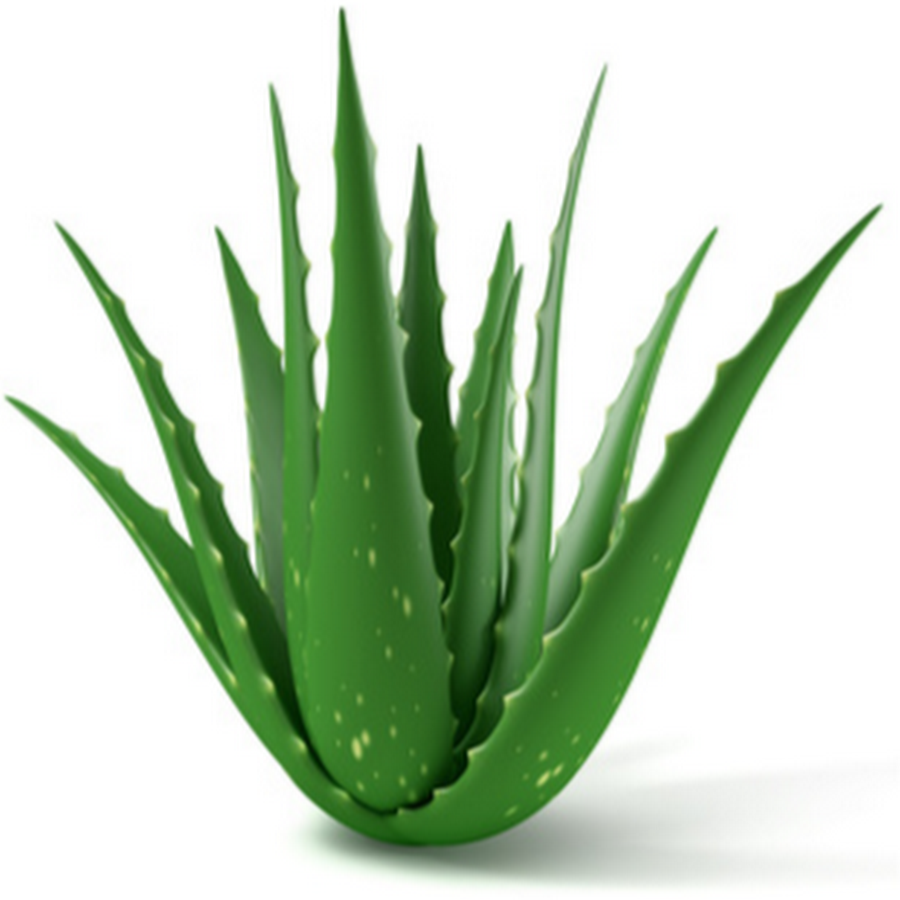 Fresh Organic Aloe Vera:
(Aloe vera var), The leaves of the Aloe vera plant hold a gooey translucent gel, known all over the world for it's unbelievable healing properties. This translucent gel is made up of around 96% water, some organic and inorganic compounds, a type of protein which contains 18 of the 20 amino acids found in the body and lastly, Vitamin A, B, C and E.
One of the most crucial elements found in aloe vera gel is a complex carbohydrate known as acemannan. It allows nutrients to reach the cells, nourish them and at the same time relieve them of toxins.
Aloe Vera, can exfoliate, restore, reveal and provide constant, nutrition to the skin. Some call it the “miracle herb” that can be used to treat wounds, minor cuts, dry skin and severe burns.
Aloe vera contains proteolytic enzymes which repairs dead skin cells on the scalp. It also acts as a great conditioner and leaves your hair all smooth and shiny. It promotes hair growth, prevents itching on the scalp, reduces dandruff and conditions your hair. Aloe vera has a chemical make up similar to that of keratin (the primary protein of hair) and it rejuvenates the hair with its own nutrients, giving it more elasticity and preventing breakage.
Fresh Organic Aloe Vera:
(Aloe vera var), The leaves of the Aloe vera plant hold a gooey translucent gel, known all over the world for it's unbelievable healing properties. This translucent gel is made up of around 96% water, some organic and inorganic compounds, a type of protein which contains 18 of the 20 amino acids found in the body and lastly, Vitamin A, B, C and E.
One of the most crucial elements found in aloe vera gel is a complex carbohydrate known as acemannan. It allows nutrients to reach the cells, nourish them and at the same time relieve them of toxins.
Aloe Vera, can exfoliate, restore, reveal and provide constant, nutrition to the skin. Some call it the “miracle herb” that can be used to treat wounds, minor cuts, dry skin and severe burns.
Aloe vera contains proteolytic enzymes which repairs dead skin cells on the scalp. It also acts as a great conditioner and leaves your hair all smooth and shiny. It promotes hair growth, prevents itching on the scalp, reduces dandruff and conditions your hair. Aloe vera has a chemical make up similar to that of keratin (the primary protein of hair) and it rejuvenates the hair with its own nutrients, giving it more elasticity and preventing breakage.
![]() Water:
(Aqua),
Water:
(Aqua),
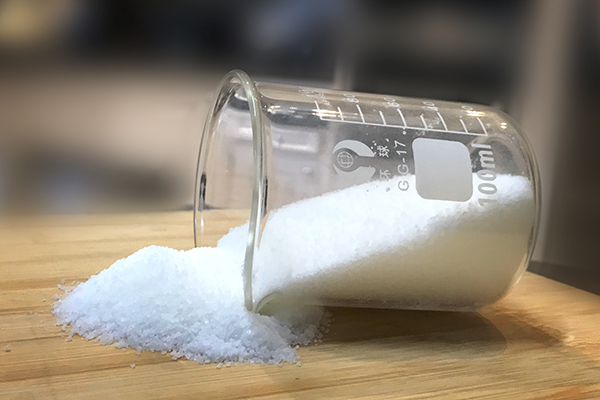 Sodium Hydroxide:
Sodium Hydroxide:
 Lemongrass Essential Oil:
(Cymbopogon citratus),
Lemongrass Essential Oil:
(Cymbopogon citratus), Lemongrass essential oil is extracted from the leaves and stalks of the lemongrass plant, a tropical grass native to Asia. It has a refreshing, citrusy, and slightly herbaceous aroma that is often used in perfumes, soaps, and other personal care products.
Lemongrass essential oil has a number of potential health benefits. It is believed to have antibacterial, antiviral, and astringent properties, and may be useful in treating a variety of skin conditions such as acne, eczema, and oily skin. It is also thought to have anti-inflammatory properties, and may be helpful in relieving muscle aches and pains.
In addition to its skin and physical health benefits, lemongrass essential oil may also have some mental health benefits. It is known for its uplifting and energizing effects, and may be helpful in improving mood and reducing feelings of fatigue and exhaustion. It is also thought to have clarifying and focused properties, and may be useful in improving concentration and memory.
Lemongrass essential oil is generally safe to use, although it can cause skin irritation in some people, and should be used with caution in high concentrations. It is also important to note that lemongrass essential oil can be photosensitizing, which means that it can increase the skin's sensitivity to the sun. As a result, it is important to avoid applying it to areas of the skin that will be exposed to sunlight, or to use a sunscreen after applying it.
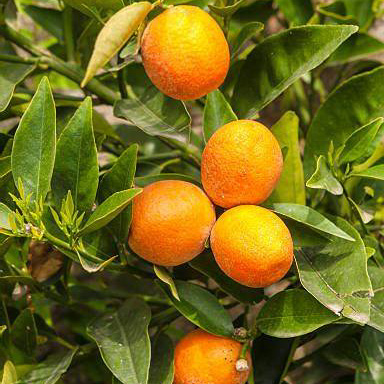 Bergamot Essential Oil:
(Citrus bergamia),
Bergamot Essential Oil:
(Citrus bergamia), Bergamot essential oil is extracted from the rind of the bergamot orange, a citrus fruit native to Italy. It has a light, refreshing, and uplifting aroma that is often used in perfumes, colognes, and other fragrances.
Bergamot essential oil has a number of potential health benefits. It is known for its mood-boosting and stress-reducing properties, and may be helpful in relieving anxiety, depression, and other emotional disorders. It is also believed to have antibacterial, antiviral, and antifungal properties, and may be useful in treating skin conditions such as acne and eczema.
In addition to its mental and skin health benefits, bergamot essential oil may also have some physical health benefits. It is thought to be a natural pain reliever, and may be helpful in relieving muscle aches and pains. It is also believed to have anti-inflammatory properties, and may be useful in reducing inflammation in the body.
Overall, bergamot essential oil is a versatile and effective natural ingredient that has a wide range of potential health benefits. It is generally safe to use, although it can cause skin irritation in some people, and should be used with caution in high concentrations.
|